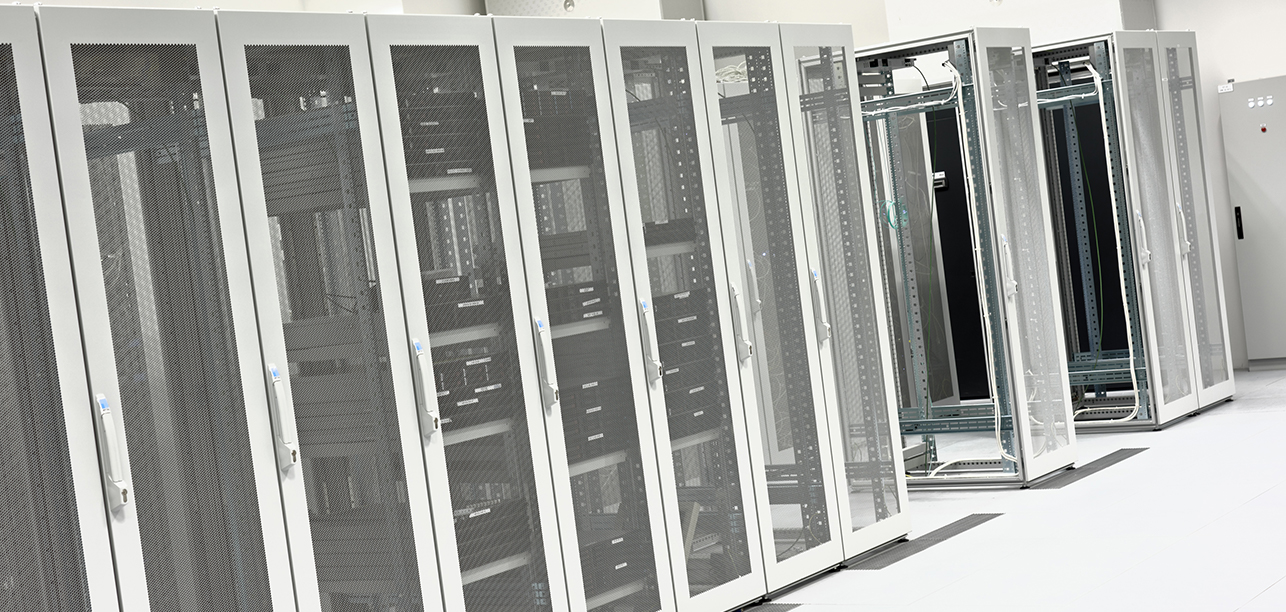Month: April 2011

Explore HorizonIQ's
Managed Private Cloud
LEARN MORE
Stay Connected

Why Is Net Neutrality Still Such a Contentious Issue?
The thorny issue of net neutrality continues to wind its way through our government with the latest being a vote in the House of Representatives that overturned the FCC’s ability to regulate the Internet. It seems inevitable the issue will not soon be resolved as President Obama vows to veto the Resolution of Disapproval. Opinions appear to be largely divided along party lines.
How Far Has the Internet Come Since Its Early Days?
I suppose I should first stop and wonder at how far the Internet has come in the preceding decades. It doesn’t seem that long ago I was working at MIT’s Laboratory for Computer Science and it was hard to find many people outside of the building who had even heard of the Internet. The commercial success of the Internet has been so great that it shouldn’t surprise anyone that legislation is increasingly swirling around. I think we largely dodged a bullet with the Internet Tax Freedom Act, but Net Neutrality is a more complex issue.
What Is the Core Debate Behind Net Neutrality?
The heart of the matter is all about control. Do the providers have the right to charge for differentiated services from the portion of the network infrastructure they operate. There can be no debate that the guiding principles of the Internet protocols were focused on interoperability and robustness. With best effort packet delivery at the core, packet treatments or policies were only allowed for in theory with the ToS bits in the IP header.
Should Organizations Have Control Over Their Internet Traffic?
Without taking sides on the topic, I do believe organizations should have control and vote with their dollars. If service providers are allowed to shape traffic and charge differently, customers should have the right to arbitrage among providers. This is of course no small technical challenge, but we have helped many of our customers accomplish just this with our Flow Control Platform (FCP).
Why Is Transparency So Important for the Future of the Internet?
The Internet is a wonderful enabler of business – both real and those yet to be imagined. It will likely encounter many more legal and governmental road-bumps. As consumers of the net, having visibility into how our traffic is affected and controlled to make our own choices is a fundamental right.
Explore HorizonIQ's
Managed Private Cloud
LEARN MORE
Stay Connected

Winter 2011 has been brutal, everywhere from Atlanta to Maine and beyond. Thankfully, due to IP-enabled devices such as smartphones, wireless routers and printers, we haven’t all had to dig our way out of the snow banks to get work done. Embedded machines that automate our lives have made it possible to work from home – and anywhere else – while taking breaks to shovel our driveways and build the occasional snow fort.
What Productivity Benefits Do These Devices Provide?
There’s no denying that the functionality these devices provide has enhanced our productivity and our quality of life, yet there are underlying security threats that require vigilance. Once under the radar, we are seeing more threats and attacks from hackers on devices we use in our homes, such as printers or iPods shipped directly from the manufacturer with viruses preloaded. And, outside the home, ATM machines and network control systems – all business-critical devices – are prone to attacks from hackers, mostly because their very nature as embedded devices requires little or no IT administration or attention.
What Are the Costs of Cyber-Crime?
According to 2010 CyberSecurity Watch Survey, sponsored by CSO Magazine, the U.S. Secret Service, CERT, and Deloitte, the mean monetary value of losses due to cyber-crime was $394,700 among organizations that experienced a security event. This figure accounts for all types of security incidents, including both insiders and outsiders. But what is especially concerning is that 67% of respondents stated that insider breaches are more costly than outsider breaches.
Why Is a Holistic Security Strategy Essential?
So, with the proliferation of devices coming onto the network and more and more applications and functions that can be conducted from a smartphone or wireless hotspots, no managed security services threats to mitigate the disgruntled employee from stealing data or causing a DDoS requires a strategy that can deliver security and compliance 24/7, no matter where on the network these devices might sit.
As a result of this shift, we’re seeing more of our customers move toward a holistic approach to security, and oftentimes one that incorporates managed security services – providing the peace of mind that allows employees to take full advantage of what today’s technologies offer, including the ability to work from home – and continue shoveling – during the next snow storm!


